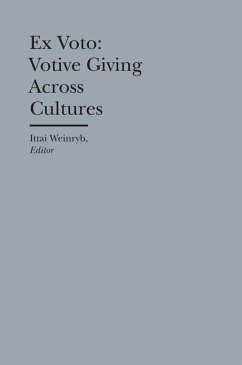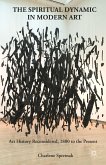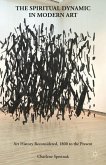Derived from the Latin term "ex voto suscepto" meaning made in accordance with a vow, ex votos embody the hopes, dreams, and anxieties of the people who deposited them. Thus, almost anything, no matter its size, weight, form, or original function, can become a votive object. The category ex voto refers to a particular subset of the material world in which objects are not necessarily made with the intention of being votive, but become charged with votive meaning once they have been consecrated to a deity or deities. The variety of materials, forms, techniques of making, and manner of dedication all suggest that the wide array of materialized aspects of human devotion, function as a category in itself. This volume one of the only collections dedicated exclusively to the subject has been compiled with the assumption that a shared conceptual framework underpins the objects produced as part of the ritual of votive giving, and that by merit of their dedication they have become a category which represents a stage and a place in the life of a material artifact. As such, "Ex Voto: Votive Giving Across Cultures," is a comparative study, and the volume ranges from the classical Mediterranean world, through medieval Italy and northern Europe, to the period of the Catholic Reform and on to Mexico, Shinto and Buddhist Japan, and Muslim Iran. This volume will be read with interest and stimulate fresh discussion across cultures and disciplines. "
Hinweis: Dieser Artikel kann nur an eine deutsche Lieferadresse ausgeliefert werden.
Hinweis: Dieser Artikel kann nur an eine deutsche Lieferadresse ausgeliefert werden.








